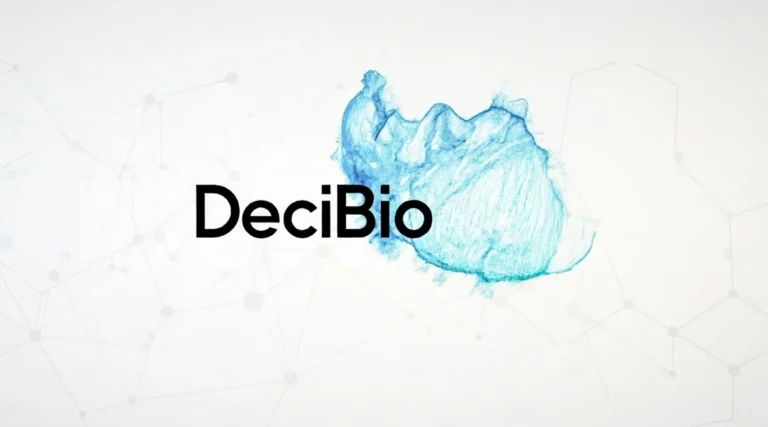
The Future of Cancer Immunotherapy: Market Insights 2025-2029
The report titled “Cancer Immunotherapy Market 2025-2029 – Forecasts for Immuno-Oncology Therapeutics by Therapy, Cancer and Customer, with Executive and Consultant Guides” has been added to ResearchAndMarkets.com’s offerings. It aims to shed light on the potential breakthroughs in cancer treatment, market opportunities, and emerging technologies. Here, we explore whether cures for cancer are within reach, which companies stand to benefit, and the potential for disruption in this transformative market.
A Revolution in Cancer Therapy
Cancer immunotherapy is revolutionizing oncology by leveraging the body’s immune system to fight cancer more effectively. Innovations such as CAR-T cell therapies, checkpoint inhibitors, and cytokine-based treatments have demonstrated unprecedented success. This report unpacks these technologies in accessible terms, providing insight into the jargon and scientific concepts driving this field forward.

Key Technologies Driving the Revolution:
- CAR-T Cells: Engineered immune cells that target and destroy cancer cells.
- Checkpoint Inhibitors: Drugs that remove the brakes on the immune system to enhance its attack on tumors.
- Cytokines: Signaling proteins that boost immune responses.
Already a multi-billion-dollar industry, cancer immunotherapy is expected to see dramatic growth. This expansion is poised to have a profound impact on the healthcare industry, reshaping pharmaceutical spending and therapeutic priorities globally.
Comprehensive Market Forecasts
The report provides detailed forecasts of the cancer immunotherapy market through 2029, offering insights into market size, growth expectations, and the ultimate potential for investment and valuation. By combining independent research and breakout data, it positions decision-makers as experts equipped to navigate opportunities and pitfalls.
Key Market Guides:
- Situation Analysis: Current market conditions and trends.
- Guides for Executives: Tailored insights for marketing staff and leadership.
- Guides for Analysts: Comprehensive data for investment and strategic planning.
Understanding Cancer Immunotherapy
Cancer immunotherapy encompasses a range of treatments that harness the immune system to target and eliminate cancer cells. Unlike traditional therapies, which focus on directly attacking tumors, immunotherapies aim to boost the body’s natural defenses. This includes monoclonal antibodies, cancer vaccines, cell-based therapies, and inhibitors/agonists. Each technology has unique mechanisms and applications, contributing to a diverse therapeutic landscape.
Categories of Immune Technologies:
- Monoclonal Antibodies: Engineered proteins that target specific antigens on cancer cells.
- Cancer Vaccines: Stimulate the immune system to recognize and attack cancer cells.
- Cell-Based Therapies: Include CAR-T and TCR therapies, which modify patients’ T cells.
- Cytokines: Enhance immune activity or alter the tumor microenvironment.
- Antibody-Drug Conjugates: Combine targeted antibodies with cytotoxic drugs.
- Others: Innovative approaches such as viral therapeutics.
Market Trends and Industry Dynamics
Drivers of Growth:
- Unprecedented Outcomes: Improved survival rates and potential cures.
- Fast-Tracking Approvals: Accelerated regulatory pathways for groundbreaking treatments.
- Increased Funding: Robust investment in research and development.
- Technological Advancements: New platforms and combination therapies.
Challenges and Limitations:
- Cost of Treatment: High price points remain a barrier.
- Clinical Trial Complexity: Challenges in protocol development and execution.
- Combination Therapies: Managing interactions between different treatment modalities.
- Disruption Dynamics: Balancing innovation with scalability and affordability.

Recent Developments in Immunotherapy
The cancer immunotherapy field is evolving rapidly, with numerous breakthroughs and advancements reported:
- Merck’s Expansion: Investments in novel immunotherapy approaches.
- Post-Surgical Immunotherapy: Enhancing recovery and reducing recurrence.
- Nanobody Therapies: Promising new strategies for immune checkpoint inhibition.
- mRNA Vaccines: Reducing melanoma recurrence when combined with immunotherapy.
- Universal Cancer Immunotherapy: Research into broad-spectrum solutions.
These developments underscore the dynamic nature of the market and its potential to redefine cancer care globally.
Profiles of Leading Companies
The report highlights key players driving innovation in immunotherapy, including pharmaceutical giants, biotechnology firms, and emerging startups:
- Global Leaders: Pfizer, Merck & Co., Bristol-Myers Squibb.
- Innovative Biotechs: BioNTech, Moderna, and Gilead Sciences.
- Specialized Players: Adaptimmune Therapeutics, Amgen, and Regeneron Pharmaceuticals.
Each company profile provides insights into their pipeline, strategy, and contributions to the field, offering a comprehensive view of the competitive landscape.
The Global Market Landscape
The cancer immunotherapy market is segmented by therapy, cancer type, and customer category, providing a granular understanding of opportunities and challenges:
By Therapy:
- Monoclonal Antibodies
- Cytokines
- Vaccines
- Cell-Based Therapies
- Inhibitors/Agonists
By Cancer Type:
- Breast
- Lung
- Melanoma
- Blood Cancers
- Others
By Customer:
- Pharmaceutical Companies
- Clinics
- Other Healthcare Providers





